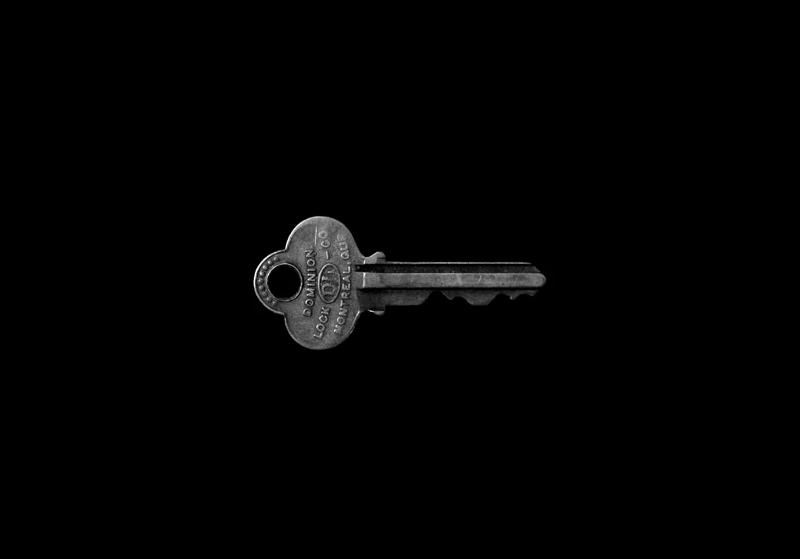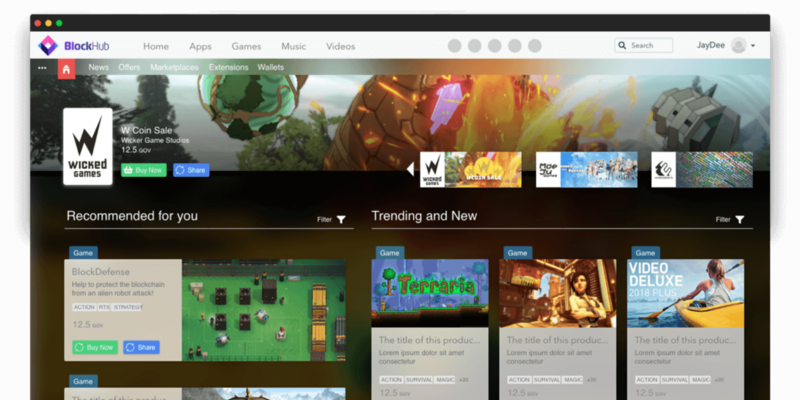Securing a Future with Decentralized Applications
With the advent of solidity programming language and the rise of Ethereum, “an open-source, public, blockchain-based distributed computing platform and operating system featuring smart contract (scripting) functionality” the rise of decentralized applications officially began. As of today, there are over 1,600 dapps in operation, ranging from games, gambling and media to payment options, finance, governance, identity and beyond. Generally speaking a dapp is equipped with the following features: i) open-source ii) autonomous iii) no central authority iv) data/records stored in a public, decentralized blockchain v) user-consensus, and vi) a cryptographic token that is used for transactions and incentivization.
With these qualities, paired with all of the innovation spinning out of the decentralized and open-source atmosphere, a new economic form is being established, one that integrates and upholds the virtues and sensibilities that many conventional economic systems have lost.
Free & Secure
In the light of recent security breaches protection of data and user information is being taken far more seriously. The economy of the future is being built around decentralized platforms and dapps, and will focus on providing what technology users increasingly crave: security, choice, utility and freedom. While platforms and dapps implementing blockchain technology with user-focused governance models arguably form with security, transparency, and user-value central to their model, it will remain essential that users and developers alike seek out and populate environments that uphold and maintain that which they value.
The continued development of a vast array of decentralized platforms means users have choice in the digital environment that best aligns with their specific needs and values. This is leading to a marketplace of healthy competition where platforms must compete for users to populate their network, meaning that those platforms which maintain an adherence to security and service, those that are upholding the will of their users, will grow and succeed, and those that are not, will lose users to their superior counterparts.
Eliminating the risks of centralization
When considering the reasons why decentralized applications are poised to replace traditional centralized services and experience mass adoption, security and the integrity of data are at the top of of the list.
Replacing older channels of distribution would necessitate content delivery dapps, dapp stores, and other decentralized applications to be hosted, not on centralized networks like the Google Play Store, but on a decentralized system. Encouraging and upholding the dictates, or lack thereof, of true decentralization means the technology community and users will be able to eliminate the censorious and discriminatory mediation that comes with centralized platforms like the Apple App Store, which recently tightened its rules on the type of cryptocurrency-oriented apps that could be listed.
Helping creators to build the decentralized future that blockchain promises
According to the Berkeley Round Table of the International Economy, a decentralized future poses many potential benefits to society and the economy, but as with any burgeoning technology much work must be done to mature blockchain from its infantile and theoretical stage to an era of practicality and mass-adoption. Many unexplored ideas in the blockchain ecosystem require solutions and supplementary innovations related to functionality and usability. To turn these ideas into workable decentralized solutions, creators need tools, access, and support that will allow them to develop and distribute their innovations. Distributed platforms that assist with the development, fundraising and distribution dapps will be at the forefront of this new era, serving creators so they can build self-governing protocols, self-executing contract platforms, and autonomous systems on the blockchain.
Conclusion
In an earlier post, we mentioned the many technological changes dapps will bring to the new era of the World Wide Web. At Hyperbridge we are primarily motivated by the technological evolution that is taking place, and this remains to be the inspiration behind the development of BlockHub, a platform that will be used by our users to crowdfund, optimize and deploy decentralized applications.
BlockHub is being designed to empower developers who are building decentralized applications, paving the way for the proliferation of open-source, applications that will boast higher standards of security, openness and user/developer involvement.
Though we are still in the early stages of dapp creation and distribution platforms — whether in the content delivery, dapp hosting or building platforms, the blockchain community will only achieve its vision of a secure future by forming community, collaborating and maintaining a high-standard of conduct and adherence to the virtues and values inherent to the decentralized and open-source environment. If things go according to plan, BlockHub will champion the future of dapp development and contribute to the decentralized, secure, and peer-to-peer future that we all covet.
We want to hear from you: email us at hello@hyperbridge.org if you have any queries or comments.
Participate now if you want to secure HBX
Secure HBX


Find us on these social media channels